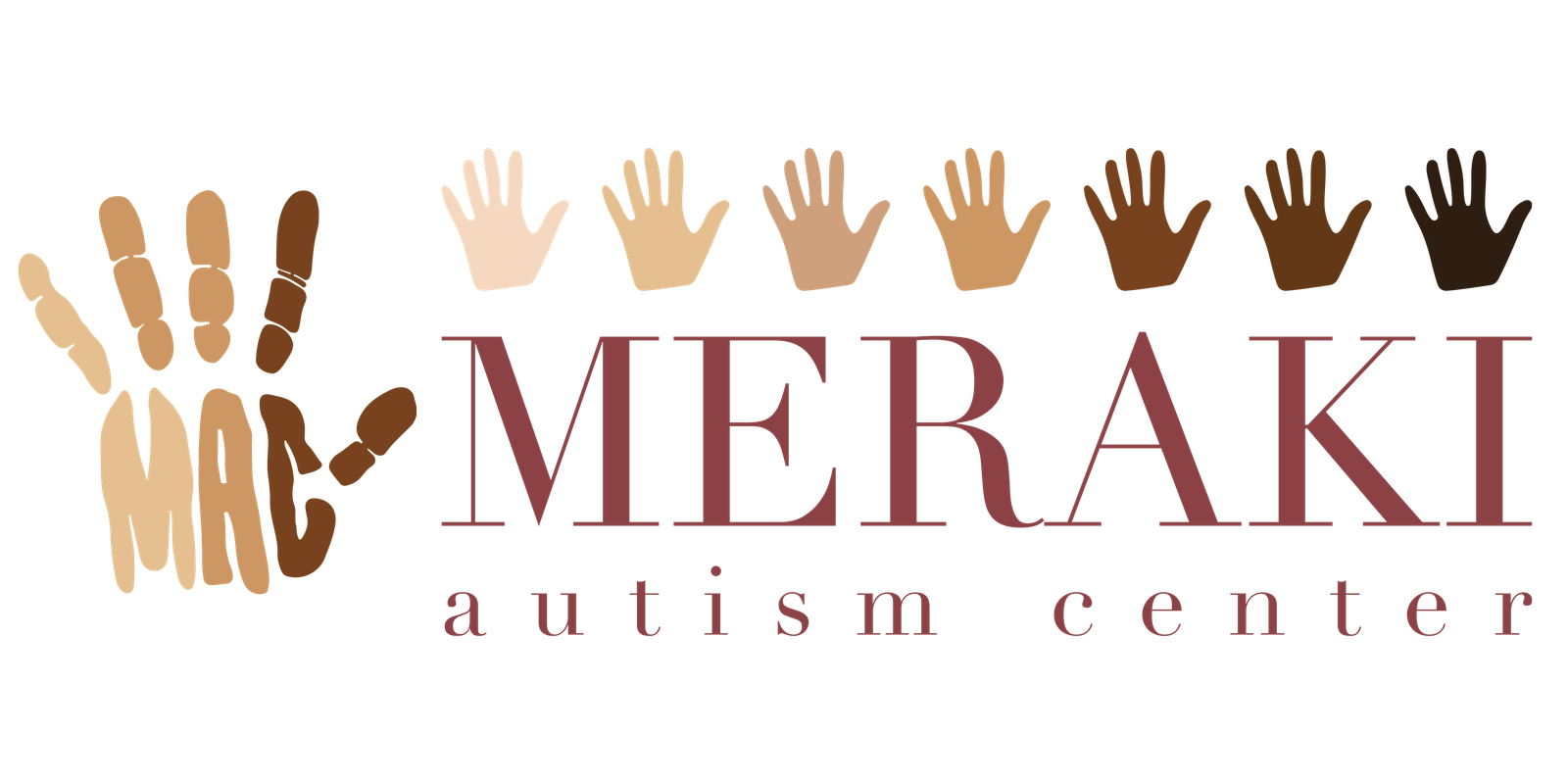Parent training in ABA therapy is essential for you and your child's journey. When you actively participate, it enhances your child's learning and strengthens your bond. You'll gain insights that help therapists tailor interventions to fit your child's unique needs. Plus, practicing what you learn at home reinforces skills and builds confidence. Open communication between you and the therapist encourages teamwork and consistency, defining success. By creating a supportive environment and celebrating small victories together, you foster a positive atmosphere for growth. There's so much more to explore about maximizing your role in this process, so stay with us to learn additional strategies!
Key Takeaways
- Parent involvement enhances the child's learning experience and helps address their unique needs effectively.
- Collaborative efforts between parents and therapists lead to more tailored interventions and successful outcomes.
- Engaging in training helps parents apply ABA techniques consistently at home, reinforcing skills learned in therapy.
- Active participation fosters a stronger parent-child bond, celebrating progress together and nurturing family unity.
- Regular communication with therapists allows parents to share insights, ensuring a well-rounded approach to therapy and growth.
Understanding ABA Therapy

When it comes to understanding ABA therapy, you're diving into a structured approach designed to improve specific behaviors in children, especially those with autism spectrum disorder. This therapy focuses on breaking down skills into manageable steps, using positive reinforcement to encourage desired behaviors.
You'll often see therapists working closely with your child, observing how they interact and responding to their unique needs.
What's great about ABA is its adaptability. It's not a one-size-fits-all solution; instead, it tailors strategies to fit your child's individual strengths and challenges. You'll notice that every session is intentional, aiming to teach skills that will help your child thrive in everyday situations.
As you learn more about ABA, you'll find that it emphasizes consistency and collaboration. You're not alone in this journey; therapists encourage parents to be involved, ensuring the strategies used at therapy can be applied at home.
This approach not only supports your child's growth but also helps you feel empowered and connected to their progress. Understanding ABA therapy can truly transform how you engage with your child, fostering a supportive environment where they can flourish.
Benefits of Parent Involvement
Parent involvement in ABA therapy brings a wealth of benefits, enhancing both your child's learning experience and your own understanding of their needs. When you actively participate in the process, you not only reinforce the skills your child is learning but also create a supportive environment that fosters growth and development.
Being involved helps you build a stronger bond with your child. You get to witness their progress firsthand, share in their successes, and understand their challenges. This connection can be incredibly empowering, making you feel more equipped to advocate for your child's needs.
Moreover, your insights as a parent are invaluable. You know your child better than anyone, and your observations can provide therapists with essential information that tailors interventions to fit your child's unique personality and context.
Finally, your involvement sets a positive example. When your child sees you engaged and committed, it encourages them to participate actively in their own learning. This collaborative effort nurtures not only their skills but also your family's sense of unity. Together, you can celebrate every step forward on this journey.
Parent Training Essentials

Effective parent training in ABA therapy is essential for maximizing your child's progress and ensuring you feel confident in your role. You're not just a caregiver; you're a pivotal part of your child's learning journey. Understanding the principles of ABA can empower you to reinforce positive behaviors and address challenges effectively.
The first step in parent training is learning about the key concepts of ABA, like reinforcement, prompting, and data tracking. These aren't just buzzwords—they're tools you'll use daily to support your child.
You'll also benefit from hands-on practice, where you can apply what you've learned in real-life situations. This practical experience builds your skills and helps you feel more comfortable.
Don't hesitate to ask questions during training sessions or seek clarification when you need it. Remember, it's all about teamwork. You and your therapist are partners in this journey, working together for your child's success.
Engaging fully in the training process not only enhances your understanding but also strengthens your bond with your child, making every small victory feel even more rewarding. You're not alone in this; you're part of a community dedicated to growth and learning.
Strategies for Effective Participation
Understanding the principles of ABA gives you a solid foundation, but knowing how to actively participate in your child's therapy can truly make a difference. Start by communicating openly with your child's therapist. Share your observations and concerns; this collaboration can guide effective strategies tailored to your family's needs.
Next, practice the techniques you learn during sessions at home. Consistency is key! Use the same language and prompts the therapist employs, reinforcing the skills your child is developing. Make it fun—incorporate play into learning to keep your child engaged.
Set realistic goals together. Focus on small, achievable milestones that can celebrate successes along the way. Recognizing and praising these accomplishments can boost your child's confidence and motivation.
Lastly, don't forget to take care of yourself. Engaging in self-care enables you to be more present and supportive. Remember, you're not alone in this journey; reach out to other parents for shared experiences and encouragement.
Your involvement is invaluable, and each step you take strengthens the bond with your child while enhancing their growth and development.
Building a Supportive Environment

Creating a supportive environment at home can greatly enhance your child's progress in ABA therapy. When you cultivate a space that encourages learning and growth, you're giving your child the best chance to thrive.
Start by establishing routines that mirror what they learn in therapy. Consistency helps reinforce their skills, making it easier for them to generalize what they've practiced.
Additionally, make sure to celebrate small victories. Positive reinforcement isn't just for therapy sessions; it should be part of your everyday interactions. Praising their efforts, no matter how small, fosters a sense of accomplishment and motivates them to keep trying.
It's also essential to minimize distractions. Create a dedicated area for learning where your child feels safe and focused.
Encourage open communication within the family, discussing the strategies you've learned in therapy. This unity makes your child feel supported and understood.
Finally, don't hesitate to reach out for help when you need it. Connecting with other families can provide valuable insights and a sense of community.
Measuring Progress Together
Measuring progress together is essential for both you and your child as you navigate the journey of ABA therapy. By tracking your child's growth, you'll not only celebrate small victories but also identify areas where they might need extra support. It's a powerful way to stay connected and motivated.
Start by setting specific, achievable goals with your ABA therapist. These goals can range from improving communication to developing social skills. Regularly review these goals together, and don't hesitate to ask questions. Your insights as a parent are invaluable and can shape the direction of therapy.
Keep a journal or use apps to document progress. Jot down successful moments and challenges so you can discuss them in your next session. This collaborative approach fosters a sense of teamwork between you, your child, and the therapist.
Frequently Asked Questions
How Can I Find a Local ABA Therapist in Westland?
To find a local ABA therapist in Westland, start by searching online directories or asking your pediatrician for recommendations. Local support groups can also connect you with trusted professionals who understand your needs.
What Qualifications Should I Look for in a Parent Trainer?
When choosing a parent trainer, look for someone with ABA certification, experience with your child's needs, and strong communication skills. They should foster a supportive environment, helping you feel confident in applying the techniques at home.
Are There Financial Assistance Options for ABA Therapy in Westland?
Yes, there are financial assistance options for ABA therapy in Westland. You can explore local nonprofits, insurance coverage, and state programs. Don't hesitate to reach out to resources available in your community for support.
How Long Does Parent Training Typically Take to Complete?
Parent training usually takes several weeks to a few months, depending on your needs and schedule. It's a valuable investment in your child's progress, so stay engaged and committed for the best results.
Can Parent Involvement Impact My Child's Progress in Other Areas?
Your involvement can greatly enhance your child's progress. When you actively engage, you reinforce skills at home, create consistency, and foster a supportive environment, all of which contribute to their overall development and success.
Conclusion
Involving yourself in ABA therapy is essential for your child's success. By actively participating and applying what you learn, you create a consistent environment that supports their growth. Remember, you're not alone in this journey; your commitment makes a real difference. Together, you and your child can celebrate progress, no matter how small. Embrace the training, stay engaged, and watch how your involvement transforms your child's learning experience. You've got this!









0 Comments